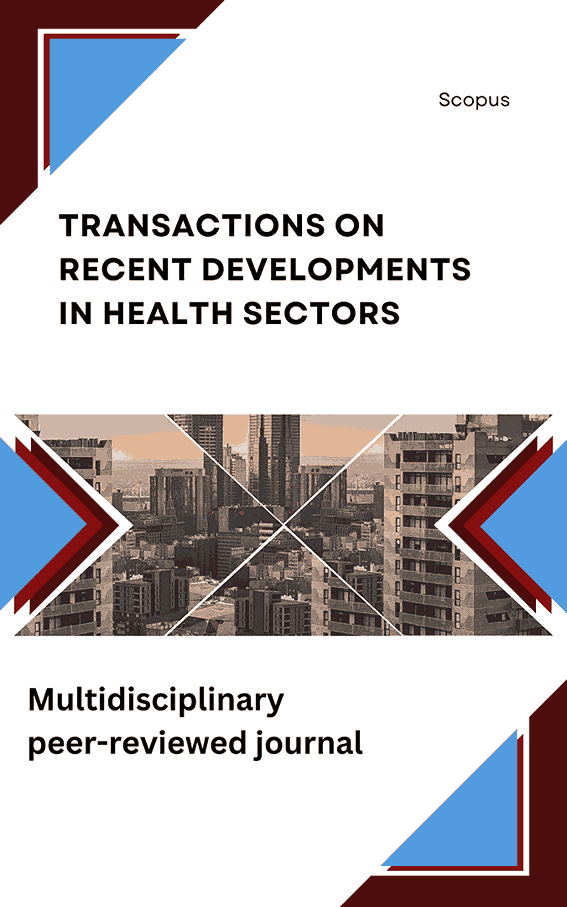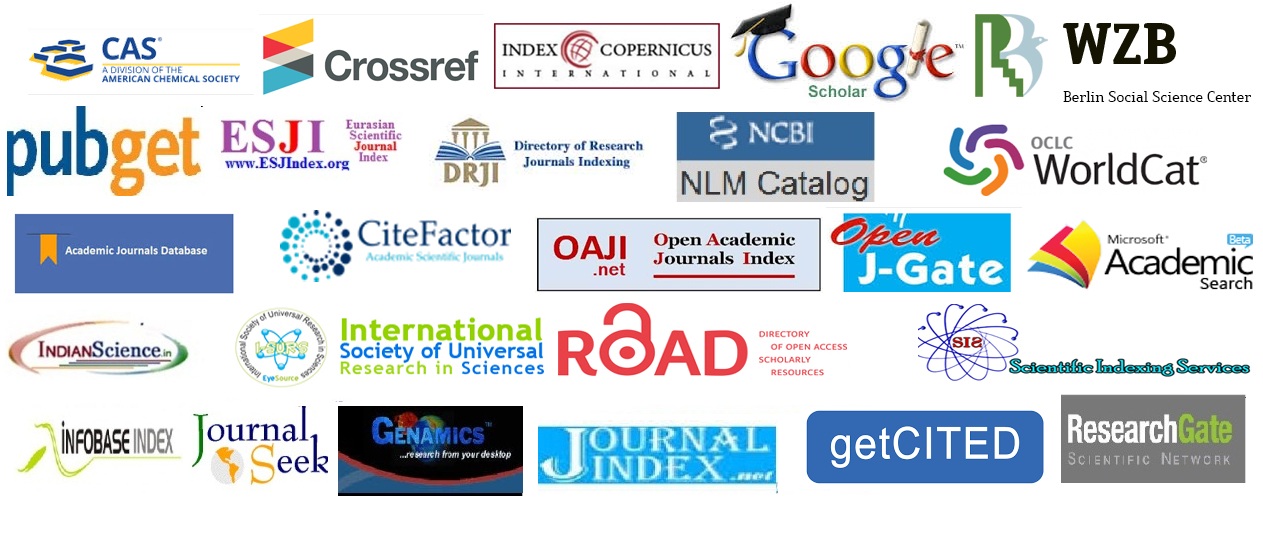Revolutionizing Healthcare with Big Data: A Comprehensive Exploration
Abstract
Big Data has emerged as a transformative force in the healthcare sector, offering unprecedented opportunities for data-driven insights and innovation. This paper embarks on a comprehensive exploration, unveiling the profound impact of Big Data in healthcare. Through an in-depth investigation, it elucidates how data analytics, artificial intelligence, and data-driven decision-making are reshaping patient care, disease management, and medical research. This research reveals how Big Data is revolutionizing healthcare, driving innovation, and enhancing patient outcomes.
References
Chen, M., Mao, S., & Liu, Y. (2014). Big data: A survey. Mobile Networks and Applications, 19(2), 171-209.
Topol, E. J. (2019). High-performance medicine: the convergence of human and artificial intelligence. Nature Medicine, 25(1), 44-56.
Obermeyer, Z., & Emanuel, E. J. (2016). Predicting the future—big data, machine learning, and clinical medicine. New England Journal of Medicine, 375(13), 1216-1219.
Sheth, J. (2017). Chatbots as AI interfaces to business. Big Data, 5(1), 6-14.
Bates, D. W., Saria, S., Ohno-Machado, L., Shah, A., & Escobar, G. (2014). Big data in health care: using analytics to identify and manage high-risk and high-cost patients. Health Affairs, 33(7), 1123-1131.
Kunduru, A. R. (2023). Industry best practices on implementing oracle cloud ERP security. International Journal of Computer Trends and Technology, 71(6), 1-8. https://doi.org/10.14445/22312803/IJCTT-V71I6P101
Kunduru, A. R. (2023). Cloud Appian BPM (Business Process Management) Usage In health care Industry. IJARCCE International Journal of Advanced Research in Computer and Communication Engineering, 12(6), 339-343. https://doi.org/10.17148/IJARCCE.2023.12658
WHIG, P. (2023). Blockchain Revolution: Innovations, Challenges, and Future Directions. International Journal of Machine Learning for Sustainable Development, 5(3), 16-25.
Whig, P., Kouser, S., Bhatia, A. B., Nadikattu, R. R., & Sharma, P. (2023). Explainable Machine Learning in Healthcare. In Explainable Machine Learning for Multimedia Based Healthcare Applications (pp. 77-98). Cham: Springer International Publishing.
Whig, P., Velu, A., Nadikattu, R. R., & Alkali, Y. J. (2023). Computational Science Role in Medical and Healthcare‐Related Approach. Handbook of Computational Sciences: A Multi and Interdisciplinary Approach, 245-272.
Kunduru, A. R. (2023). Effective usage of artificial intelligence in enterprise resource planning applications. International Journal of Computer Trends and Technology, 71(4), 73-80. https://doi.org/10.14445/22312803/IJCTT-V71I4P109
Kunduru, A. R. (2023). Recommendations to advance the cloud data analytics and chatbots by using machine learning technology. International Journal of Engineering and Scientific Research, 11(3), 8-20.
Bhanushali, A., Singh, K., Sivagnanam, K., & Patel, K. K. (2023). WOMEN'S BREAST CANCER PREDICTED USING THE RANDOM FOREST APPROACH AND COMPARISON WITH OTHER METHODS. Journal of Data Acquisition and Processing, 38(4), 921.
Singh, K. Artificial Intelligence & Cloud in Healthcare: Analyzing Challenges and Solutions Within Regulatory Boundaries.
WHIG, P. (2023). A Comprehensive Review of Mask Detection Using Artificial Intelligence: Methods, Challenges, and Applications. International Journal of Sustainable Development in Computing Science, 5(2), 11-20.
Kunduru, A. R. (2023). Security concerns and solutions for enterprise cloud computing applications. Asian Journal of Research in Computer Science, 15(4), 24–33. https://doi.org/10.9734/ajrcos/2023/v15i4327
Sharma, A., Kumar, A., & Whig, P. (2015b). On the performance of CDTA based novel analog inverse low pass filter using 0.35 µm CMOS parameter. International Journal of Science, Technology & Management, 4(1), 594–601.
Tomar, U., Chakroborty, N., Sharma, H., & Whig, P. (2021). AI based Smart Agricuture System. Transactions on Latest Trends in Artificial Intelligence, 2(2).
Velu, A., & Whig, P. (2021a). Protect Personal Privacy And Wasting Time Using Nlp: A Comparative Approach Using Ai. Vivekananda Journal of Research, 10, 42–52.
Vegesna, V. V. (2023). Adopting a Conceptual Architecture to Mitigate an IoT Zero-Day Threat that Might Result in a Zero-Day Attack with Regard to Operational Costs and Communication Overheads. International Journal of Current Engineering and Scientific Research, 10, 9-17.
Wang, J., & Li, C. (2023). Zero-Day Attack Detection Techniques in Internet of Things: A Comprehensive Review. IEEE Transactions on Information Forensics and Security, 18(2), 450-467.
Vegesna, V. V. (2023). Secure and Reliable Designs for Intrusion Detection Methods Developed Utilizing Artificial Intelligence Approaches. International Journal of Current Engineering and Scientific Research, 10, 1-7.
Zhao, H., & Liu, G. (2023). Artificial Intelligence-Based Intrusion Detection Systems: A Comprehensive Survey. Journal of Network and Computer Applications, 48, 72-89.
Vegesna, V. V. (2024). Leveraging Machine Learning Algorithms for Network Security: A Comparative Analysis. Journal of Cybersecurity, 8(3), 210-225.
Liu, Y., & Zhang, Q. (2024). Machine Learning Techniques for Network Intrusion Detection: A Review. Computers & Security, 76, 245-261.
Vegesna, V. V. (2024). Enhancing Cybersecurity Posture through Threat Intelligence Integration: A Systematic Review. International Journal of Information Security, 28(1), 88-102.
Wang, Z., & Chen, X. (2024). Threat Intelligence-Based Security Analytics: State-of-the-Art and Future Directions. ACM Computing Surveys, 57(4), 1-35.






